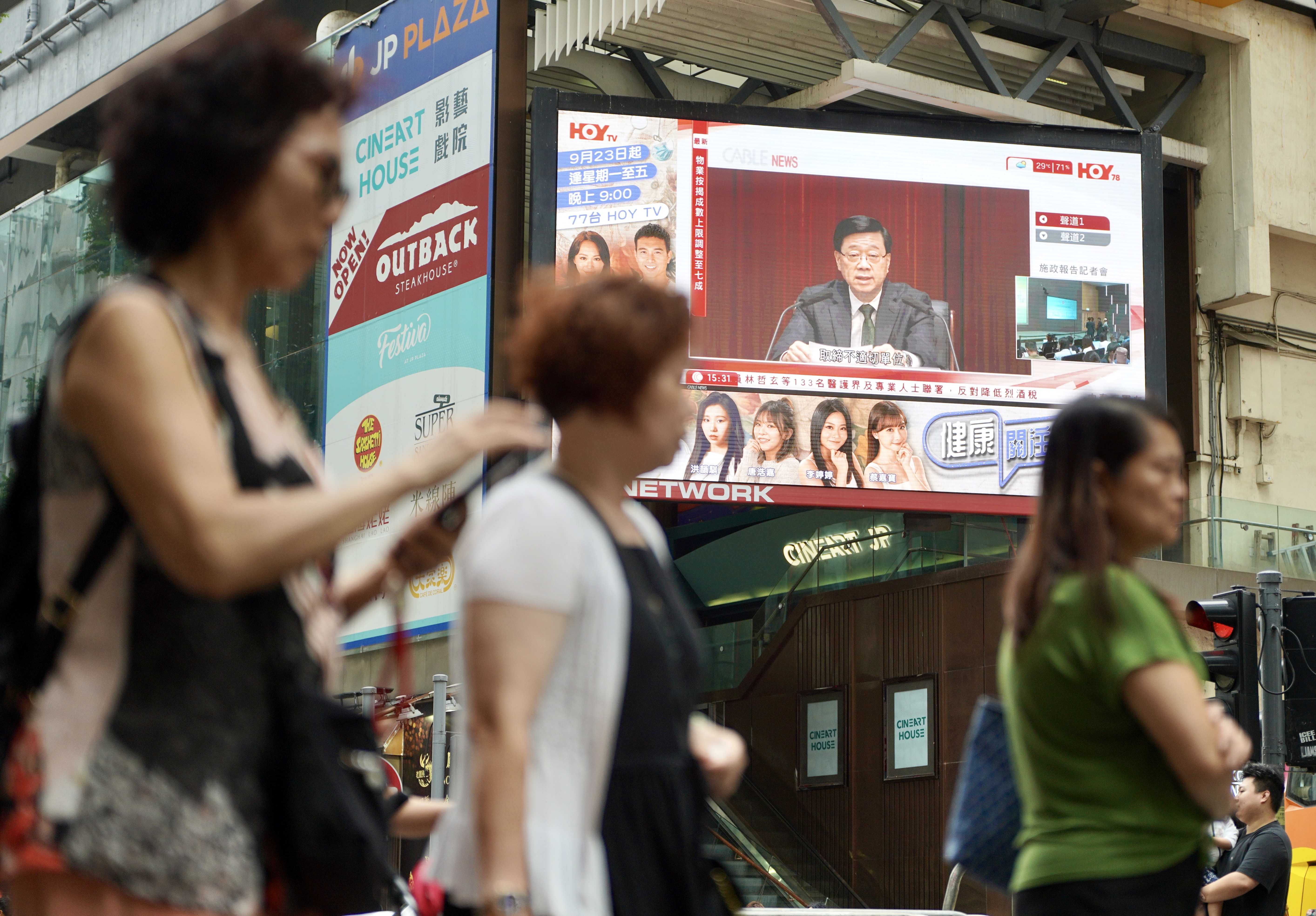
The expansion of Hong Kong’s investment-for-residency program to include investments in residential properties, as revealed in the chief executive's 2024 Policy Address, is expected to draw affluent individuals and capital inflows to the city, though the full extent of its impact is yet to be observed, experts said.
The New Capital Investment Entrant Scheme, which gives residency to people who invest HK$30 million ($3.86 million) in the city, started to allow, from Wednesday, investment in homes priced at HK$50 million or above to qualify with the amount of real estate investment to be counted toward the total, capped at HK$10 million.
Moreover, investments made via an eligible privately held company owned entirely by an applicant will be considered part of the applicant's qualifying investment with effect from next March.
Launched in March, the New Capital Investment Entrant Scheme requires applicants to put HK$3 million into a portfolio managed by the Hong Kong Investment Corp to support the local technology sector. Other eligible assets include stocks, debts, funds as well as industrial and commercial real estate.
ALSO READ: Reform, livelihood focus of CE's third policy address
An official from the Financial Services and the Treasury Bureau disclosed that by the end of September, the program had garnered close to 600 applications, from which 62 had been approved.
This adjustment was implemented in response to the substantial demand exhibited by applicants for residential properties in Hong Kong, he added.
Hannah Jeong, head of valuation and advisory services at commercial property services provider CBRE Hong Kong, said the policy move will further boost the demand for luxury residential properties and the impact on sales will be “immediately reflected”.
Super luxury home transactions hit a three-year high in the first three quarters of 2024, Jeong said. According to CBRE, 72 firsthand luxury homes worth more than HK$100 million each were traded in the first three quarters of this year, which was about 22 percent higher than the 59 transactions in the whole of last year.
READ MORE: HK to clean up subdivided units’ rental market
Meanwhile, Thomas Chak, head of capital markets and investment services at real estate consulting firm Colliers, said the policy will attract high-net-worth individuals to the city and enhance the transaction volume in luxury properties, but will have limited impact on the general residential market.
Hong Kong’s asset-and-wealth management business demonstrated resilience last year, with the assets under management logging a modest growth of 2.1 percent year-on-year to above HK$31 trillion ($3.97 billion), according to the Securities and Futures Commission. The city’s net capital inflows surged by more than 3.4 times last year, compared with 2022, thanks to the strong performance in private banking and private wealth management businesses.
CPA Australia suggested exploring the possibility of broadening the range of allowable investments to encompass private credit, investments from single-family offices in Hong Kong, and art and collectibles.


